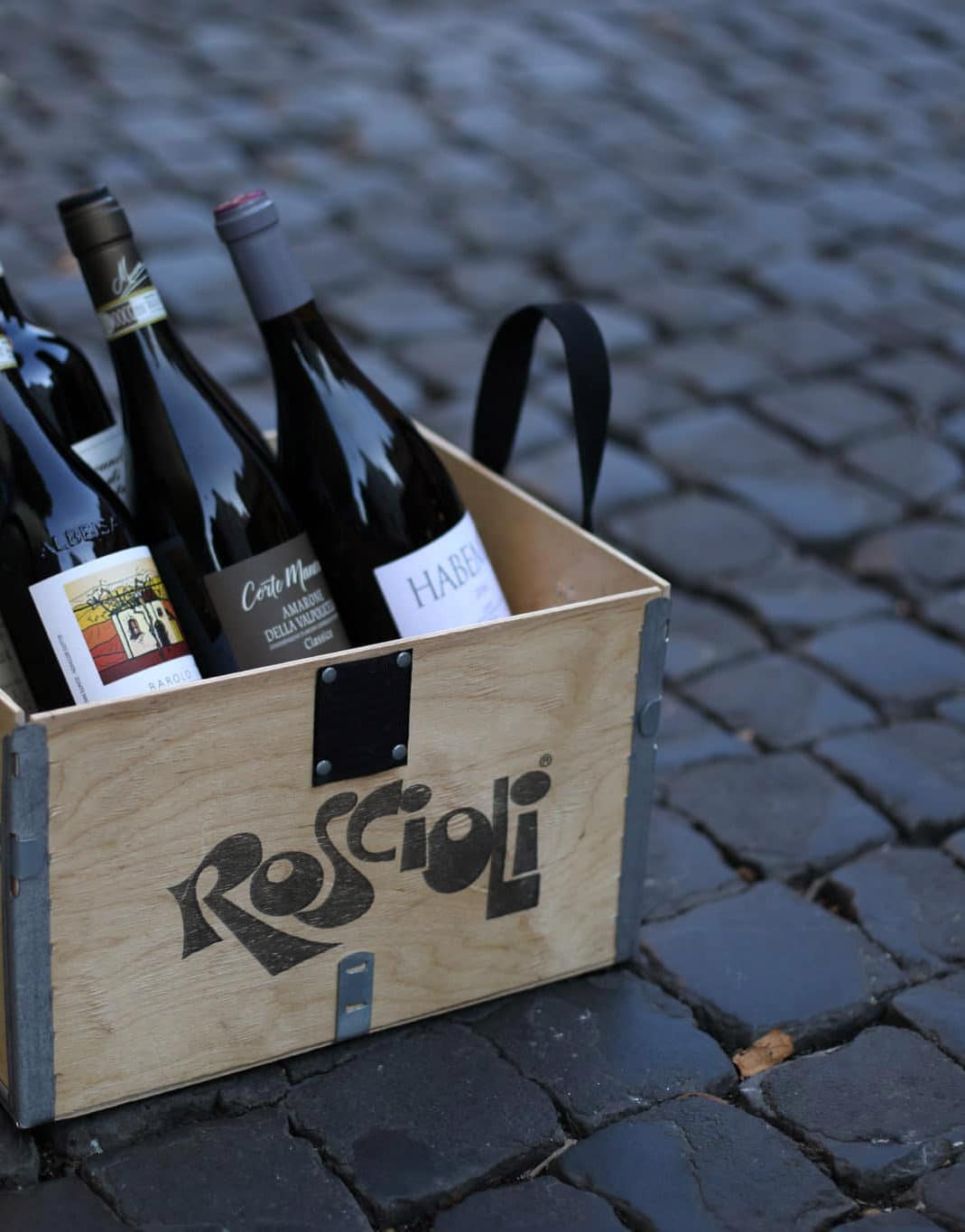Barbaresco Serraboella, Paitin 2019
Tip: You can enable subtitles using the CC icon along bottom of the video player.
Grape
100% Nebbiolo
Drinking Window
Ready or drink by 2030
Region
Barbaresco, Piemonte
Pairings
Fettuccine egg pasta with truffle
Beef tartare with sundried tomatoes and burrata cheese
Grilled lamb
Parmigiano Reggiano
Artisanal charcuterie
Regional Recipes

Winemaker Notes
The vineyards face west at an altitude of 280-320m above sea level, grown with guyot since 1953. The soil is marly calcareous belonging to the fossil Marls of Sant’Agata.
After crushing and destemming, the must rests in steel tanks for 3 to 6 weeks during which fermentation and maceration with submerged cap take place.
At the end of winter, the wine is transferred to wood where it rests generally for 18 months and, when the vintage allows it, for up to two whole years. The large barrels used are with a volume between 25 and 50 hectoliters in Slavonian and Austrian oak with an average age of 15 years.
The Story
If you are in Barbaresco, set up a visit with Luca. At just 30 years old, he is a master of knowledge and brimming with happiness, always smiling and eager to share the knowledge and traditions of the family. Barbaresco, while well known today, should also be remembered as a zone which has blossomed from much poverty just 40+ years ago. Today it is one of the most expensive zones to purchase land in.
Paitin is the name of a property that the Elia family owned on the border between Neive and Castagnole. Having business with their private bank in both provinces, this property was strategic for them, so much so that they were nicknamed with that name: Paitin. More than 200 years have passed since this family began making wine - 8 generations.
"Each year the roots of the vines sink into a deeper layer of soil and each year the grapes reflects this indissoluble bond. This is the essence of nature. Learning this cycle represents the winemaker's experience. Knowing all the nuances of the vineyard and how to react to its change. The winemaker establishes an empathic relationship with his surroundings. This sensitivity can only exist by persevering through the generations of the knowledge handed down from father to son."
 SEI IN ITALIA? CLICCA QUI
SEI IN ITALIA? CLICCA QUI 
